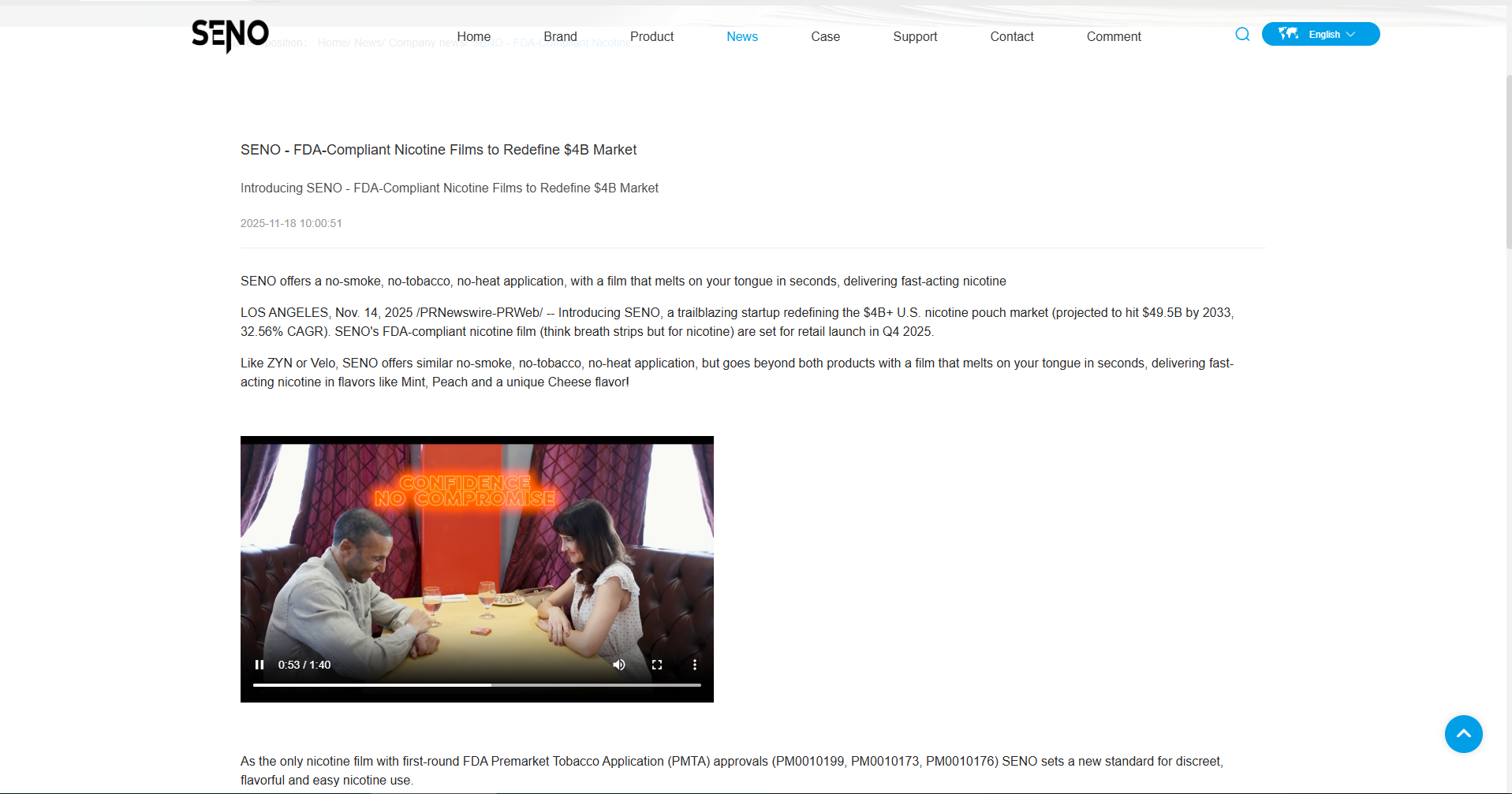In today's globalized world, where ethical consumption is gaining momentum, fair trade products have emerged as a viable option for socially conscious consumers. However, despite the growing awareness and availability of fair trade products, a significant portion of consumers still hesitate to make the switch. This article delves into the underlying reasons why consumers do not buy fair trade products, shedding light on the complex dynamics that influence consumer behavior.
- Lack of Awareness and Understanding:
One of the primary reasons consumers refrain from purchasing fair trade products is the lack of awareness and understanding. Many consumers are unfamiliar with the concept of fair trade and its impact on producers in developing countries. Without a clear understanding of the benefits and significance of fair trade, consumers may overlook these products in favor of more familiar options. - Perception of Higher Cost:
Another deterrent for consumers is the perception that fair trade products are more expensive than their conventional counterparts. While fair trade products often come with a higher price tag due to the fair wages and better working conditions they ensure, the long-term benefits to producers and the environment are often overlooked. Communicating the value and long-term impact of fair trade products can help dispel the misconception of higher cost. - Limited Availability and Accessibility:
The limited availability and accessibility of fair trade products pose a significant challenge for consumers. In many regions, fair trade products are not as readily available as conventional alternatives. This lack of accessibility makes it difficult for consumers to incorporate fair trade products into their daily lives. Expanding the distribution channels and raising awareness about the availability of fair trade options can help overcome this barrier. - Perceived Quality and Taste:
Consumers often associate fair trade products with lower quality or unfamiliar tastes. This perception stems from a lack of exposure and experience with these products. To address this concern, it is crucial to emphasize the quality and taste of fair trade products through effective marketing and product promotion. Providing opportunities for consumers to sample and experience fair trade products firsthand can help overcome this bias. - Limited Marketing and Branding Efforts:
The marketing and branding efforts for fair trade products are often overshadowed by larger, well-established brands. Limited resources and visibility hinder the ability to effectively communicate the unique selling points of fair trade products. Investing in strategic marketing campaigns, collaborations with influencers, and partnerships with retailers can help increase the visibility and desirability of fair trade products.
Conclusion:
Understanding the reasons behind consumer reluctance to purchase fair trade products is essential for fostering a more sustainable and ethical marketplace. By addressing the lack of awareness, dispelling misconceptions, improving accessibility, and enhancing marketing efforts, we can encourage more consumers to embrace fair trade products. Ultimately, it is through collective action and informed choices that we can create a more equitable and sustainable global economy.



